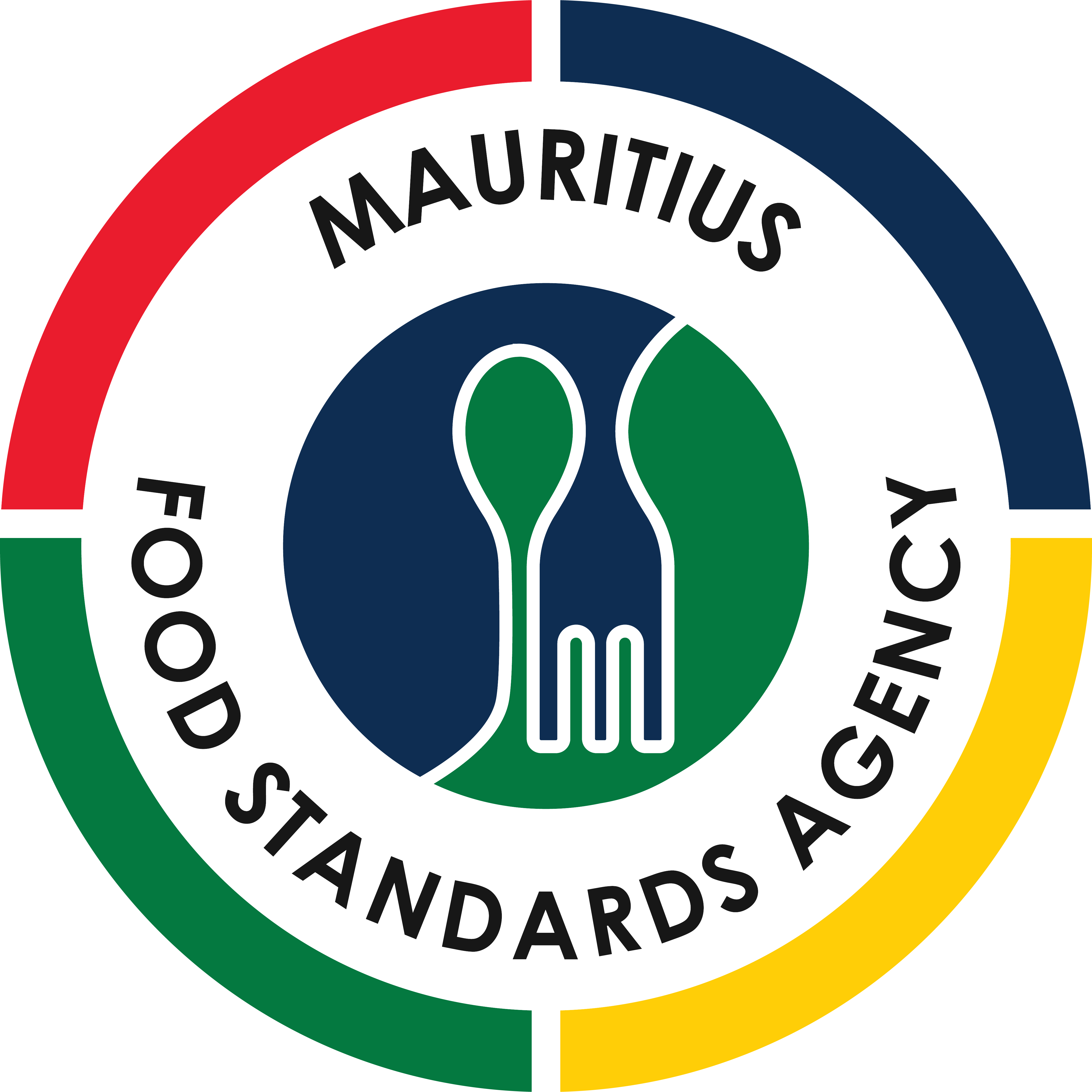Corporate
Event
Aenean non accumsan ante. Duis et risus accumsan sem tempus porta nec sit amet est. Sed ut euismod quam.
Wedding
Reception
Aenean non accumsan ante. Duis et risus accumsan sem tempus porta nec sit amet est. Sed ut euismod quam.
Birthday
Party
Aenean non accumsan ante. Duis et risus accumsan sem tempus porta nec sit amet est. Sed ut euismod quam.
Private
Party
Aenean non accumsan ante. Duis et risus accumsan sem tempus porta nec sit amet est. Sed ut euismod quam.
Anniversary
Celebration
Aenean non accumsan ante. Duis et risus accumsan sem tempus porta nec sit amet est. Sed ut euismod quam.
Social
Events
Aenean non accumsan ante. Duis et risus accumsan sem tempus porta nec sit amet est. Sed ut euismod quam.
Eat a healthy diet
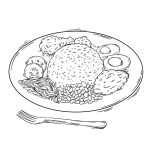
Balanced meal
Eat a variety of food, including vegetables, fruits, whole grains, cereals, protein, and low-fat or fat-free dairy or fortified dairy alternatives. Choose minimally processed foods when possible. Follow the Mauritian Plate Model (as shown below) mantra with ⅕ of the plate consisting of protein-rich foods (pulses, fish, chicken, lean meat), ⅖ of the plate consisting of carbohydrates foods (rice, whole wheat bread, chapatti or pasta) and ⅖ of the plate consisting of fresh fruits and vegetables, to create a balanced and nutritious meal.
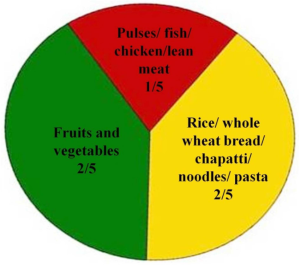
Enjoy fruits and vegetables
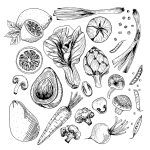
Fruits and veg
Aim for a minimum of 400 grams or five or more servings of fruits and vegetables per day as recommended by the World Health Organisation. Fruits and vegetables provide key nutrients such as minerals and vitamins and dietary fibre. Their colours, flavours and textures make meals more appetizing.
The carbohydrate advantage
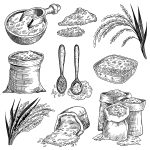
Cereals
Carbohydrates are the body-fuelling nutrient, the main source of energy. Include cereals such as rice, wheat, oats as well as potatoes, yam and sweet potatoes in your meals. Ensure your carbohydrates have some dietary fibre. Opt for whole grain cereals instead of refined cereals.
Build up with protein

Protein rich foods
Proteins are the body-building nutrient which helps us to grow and repair tissues. Include a variety of protein-rich foods such as seafood, lean meats, poultry, beans, lentils, peas, nuts and eggs. Choose low-fat or fat free milk and milk products or fortified dairy-free alternatives.
Watch your fat intake
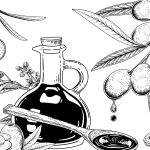
Olive oil
Dietary fats have many important functions in the body. All fats should be consumed in small quantities. Limit your intake of saturated fats, usually found in butter, cheese, fatty parts of meat and many processed foods. Try to replace saturated fats by monounsaturated fats (found in plant-based oils such as olive oil and canola oil, avocados and nuts) or polyunsaturated fats (found in plant-based oils such as sunflower oil, soyabean and corn oil, fish and flaxseed).
Be mindful of your nutrient needs
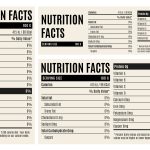
Nutritional content in a food label
Focus on dietary changes that increase your dietary fibre, calcium and Vitamin D intake and limit sodium, added sugar and saturated fats in your diet. Read food labels to make the correct choice for your nutritional needs.
Go easy on the salt
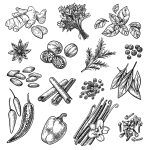
Herbs and spices
The World Health Organisation recommends less than 5 gm of salt per person per day, equivalent to a level teaspoon. Opt for fresh foods when possible or low-sodium packaged foods. Limit salt in cooking and use herbs and spices to add flavour to food. Beware of foods with hidden salt like cheese, sauces, processed foods and others. Skip the salt shaker at the table.
Shift your sweet tooth
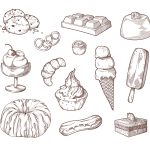
Desserts and sweets
The World Health Organisation recommends less than 45 gm of sugar (equivalent to 9 teaspoons) per day for a non diabetic. Choose foods with little or no added sugars and drink plain water instead of juices or sodas. Fresh fruits are ideal snack options that are naturally sweet and packed with nutrients.
Strive for a healthy weight

Body scale with fruits & veg
Eat a balanced diet and be physically active to achieve and maintain a healthy weight. Aim for 30 minutes of physical activity daily.
Stay hydrated
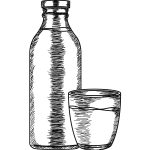
Water Bottle
Drink 6-8 glasses of water daily to meet your water requirements and prevent dehydration.
Source: WHO & USDA
